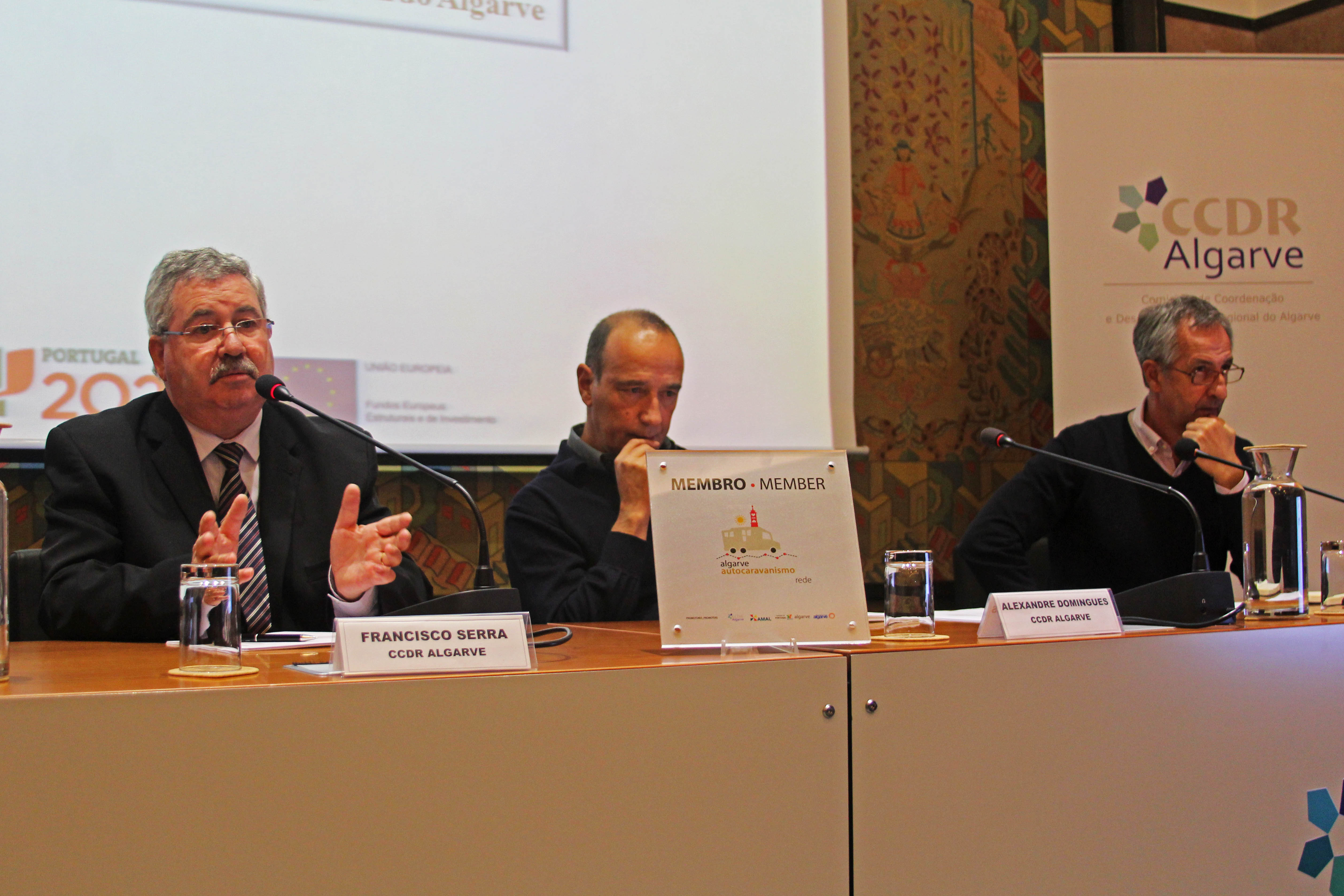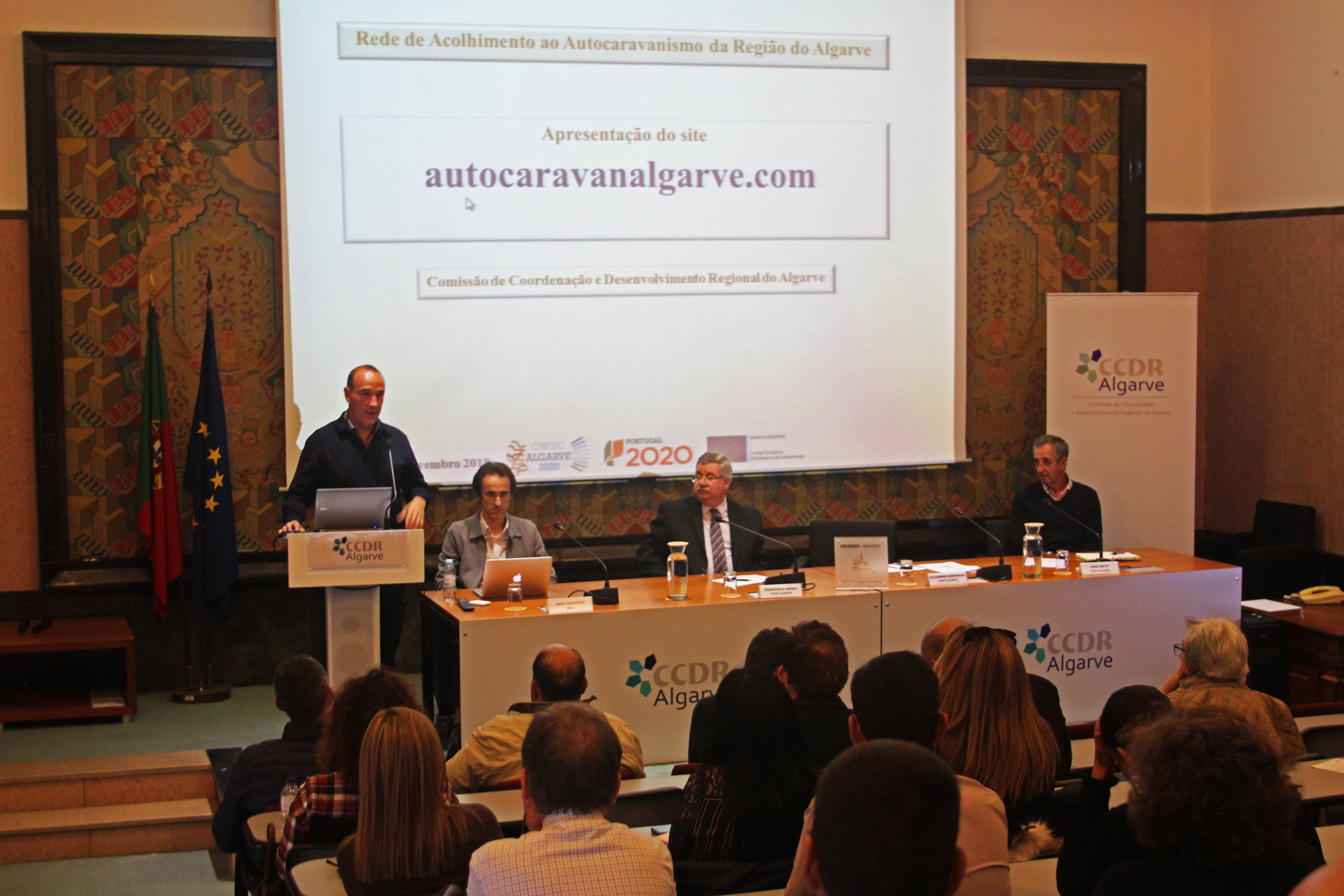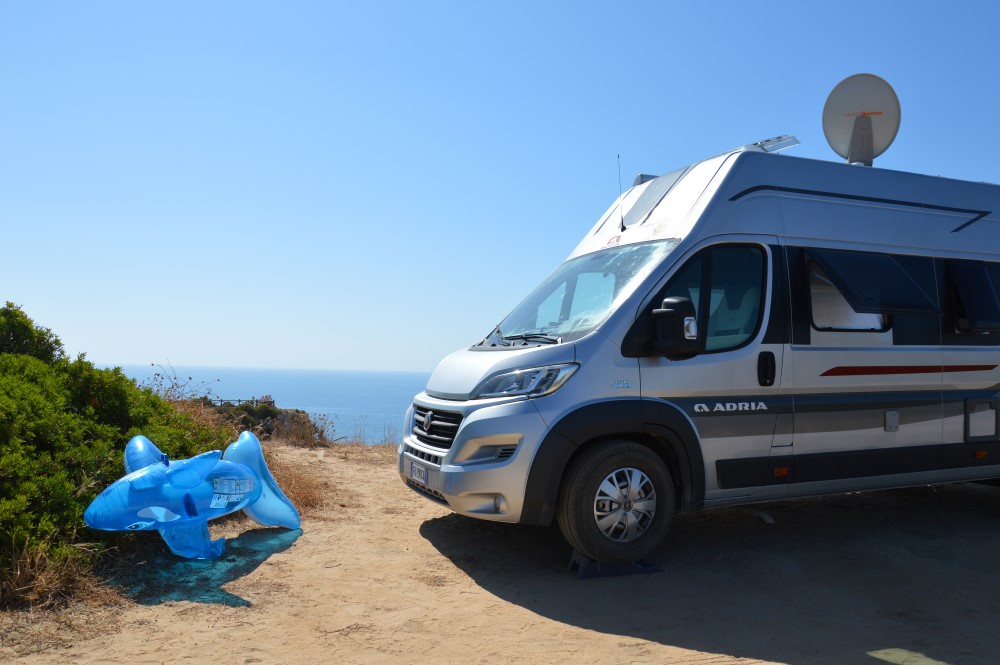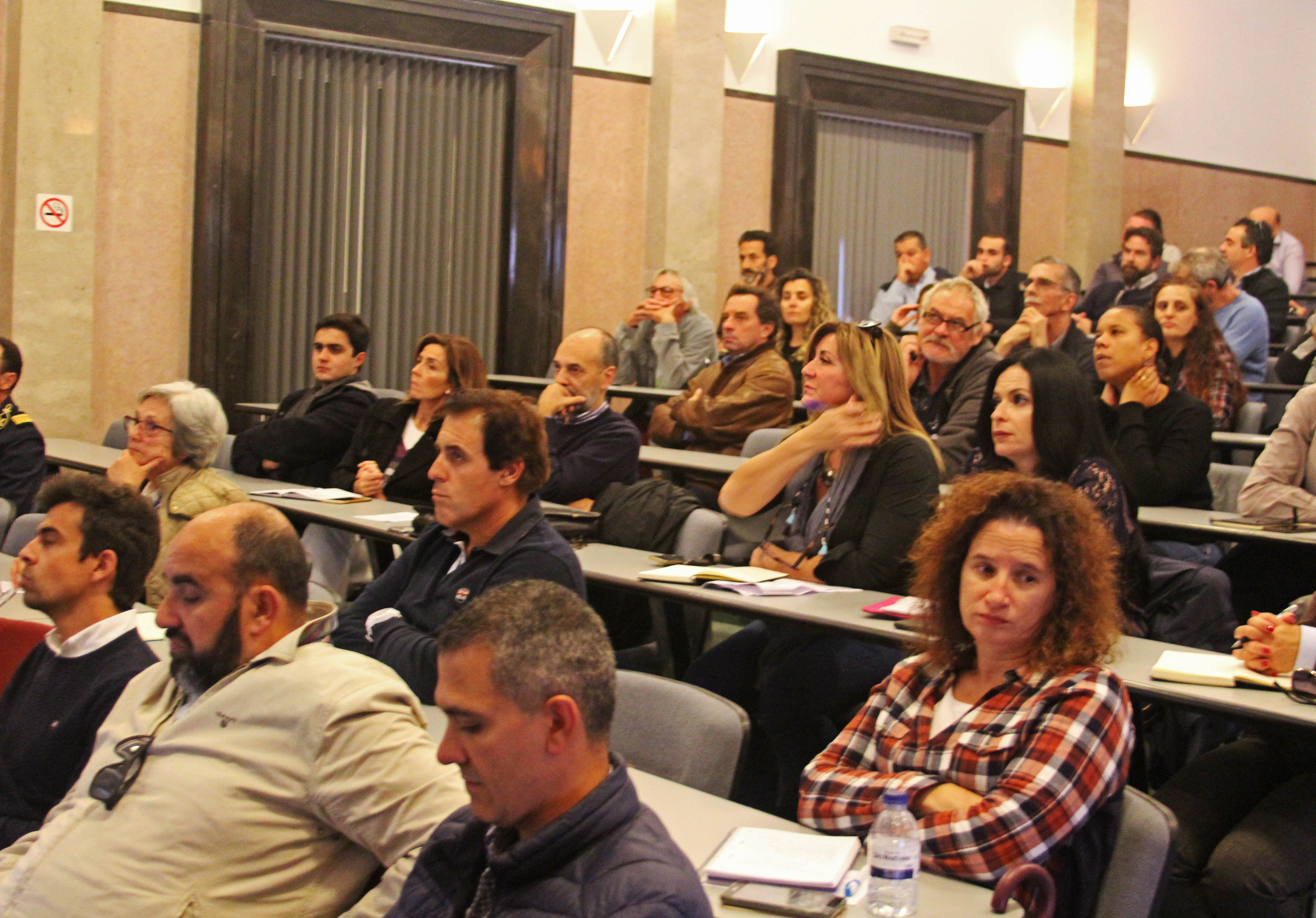Combating the “wild” motorhome, which reigns throughout the Algarve, promoting the 29 licensed and legalized sites in the region, is the main objective from a launched website, this Monday, November 5th, by the Regional Coordination and Development Commission (CCDR) of the Algarve.
This is a problem that has been identified for years and that has even given birth, in December 2015, to Algarve Motor Caravan Reception Network (RAARA), which includes campsites, campervan service areas and rural campsites.
Is that, all over the coast and even inland, there are places that function as informal and illegal areas for motorhomes to stop. And that's why there are campervans parked on the edge of the cliffs or in the riverside areas, next to monuments and beaches, in the middle of the mountains and the countryside, on top of dunes, without any conditions, in particular to dump highly polluting liquids from chemical toilets, which they end up in the soil or in local rainwater networks.
The area of Lagoa and Praia da Marinha, for example, is prodigal in the so-called “wild” motorhome, as well as the whole Vincentian Coast. But this is a problem that cuts across the entire Algarve. And not only.

However, situations like this are enhanced by the existence of international platforms, such as Campercontact, which advertise places where motorhomes are prohibited.
«What we want, with this site, is to show that there are legal places that comply with all the rules and that are able to accommodate motorhomes, making a counterbalance to these dozens of sites», explained Alexandre Domingues, technician at CCDR Algarve, to Sul Informação.
On this platform, officially launched in front of dozens of tour operators, the user finds, on a map of the region, the 29 duly legalized locations, ranging from Aljezur to Alcoutim. However, most of it is concentrated on the coast, forgetting, for example, the Via Algarviana, where it would be important to have campervan service areas.
In parallel, a mobile application with the same information will also be launched in the future. This strategy to launch the website, whose promotion will now be carried out by the CCDR, then follows the birth of RAARA, in 2015, but whose practical results, so far, "are weak".
“The effects of the Network are not what we want. There is an extreme difficulty, in most Chambers, to obtain authorizations to create legal spaces. But then, it is the same Chambers that do not control who makes the “wild” motorhomes», lamented Alexandre Domingues.

In other words, in the end, «there is no care with supervision and legality, but there are a series of obstacles for those who want to do it with rules», explained the technician from CCDR Algarve, who has been working on these issues of the Motorhome Reception Network at Algarve region.
In the city of Olhão, for example, “there is no legal area and there are about 10 illegal ones”. For all these reasons, «the wild motorhome continues to develop with great intensity», considered Alexandre Domingues.
This is a reality that will only change when there are changes in the law and effective supervision. “We have already proposed several times, but I don't know when there will be this change in the law. We have already suggested that it be like in Spain, with the fine to be paid on the spot, which does not happen in Portugal. The GNR [or the Maritime Police] pass the fine, which goes to the Chamber, then to the foreigner if they are tourists from abroad… and the fine is never paid», the technician told the Sul Informação.
According to Alexandre Domingues, "the GNR itself complains that the fines are not effective at all."
With efficient inspection, this fight would become easier, not least because motorhomeism is already a «phenomenon that, from an economic point of view, has been gaining weight in the region», according to Francisco Serra, president of CCDR Algarve.
Therefore, this is an "area to be considered and where a series of good practices must be developed", he concluded.




















Comments